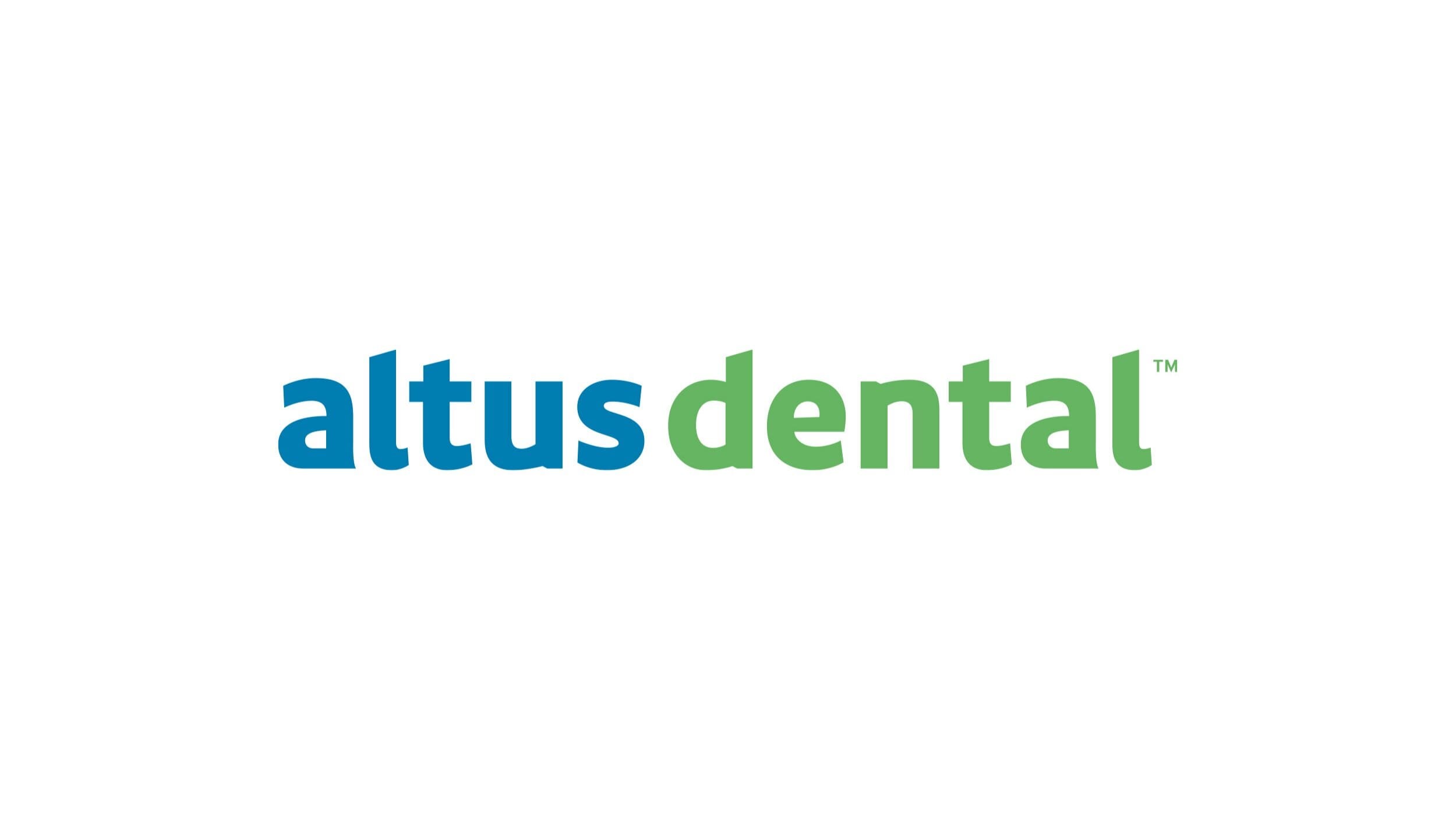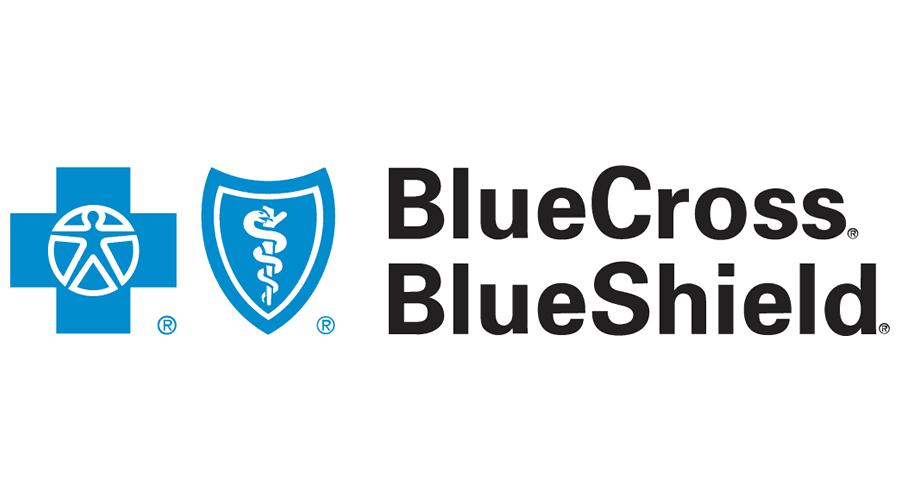There are quite a few scenarios where you are loved one may require emergency dental care. These types of emergencies generally fall into two categories: the first involves visible tooth damage, while the second is experiencing pain or sensitivity that is caused by an underlying condition like tooth decay or an abscess.
A few reasons why you may need emergency dental care include:
- Trauma to the teeth or mouth
- Tooth loss, known as an avulsion
- A fractured or cracked tooth
- An abscess or infection
- Loss of a crown or filling
- Severe pain, bleeding, or swelling developing after some type of dental treatment
Bleeding Gums
Bleeding gums usually fall into one of two categories: dental trauma or periodontal disease. If your gums bleed frequently after brushing and flossing, you may be developing periodontal disease, commonly called gum disease. Although this is a serious situation that will require an appointment and diagnosis, it is not normally a cause for emergency care, as the condition normally progresses slowly.
On the other hand, if you should experience bleeding gums after some type of trauma to your teeth or mouth, this should be considered as an emergency. Contact your dentist or emergency dentist right away so that you can get it checked out.
Missing Filling or Crown
Restorations like dental fillings and crowns are meant to protect a tooth that has been damaged. Although these are strong restorations, they are not permanent. It is possible to lose a filling or crown when you bite down on something hard or chewy.
Since the original intent of the filling or crown was to prevent further damage, a tooth with a missing or damaged dental filling or crown is once again vulnerable to tooth decay. So this is a situation that definitely requires urgent attention and emergency dental care.
Having a Tooth Get Knocked Out
This one is definitely a dental emergency. The sooner you or your loved one receives treatment, the better the odds that they can keep the tooth. Try gently replacing the knocked-out tooth into the socket. If this is not possible, place it in a glass of milk while seeking medical assistance.
Severe Toothache
Having a severe toothache is a classic sign that the sufferer requires urgent dental care. Pain is an indication that something is wrong that requires addressing immediately.
If the pain is relatively mild, you may be able to temporarily treat it on your own by applying things like clove oil – a natural antibiotic and anesthetic. But make an appointment to get it checked out as soon as possible.






